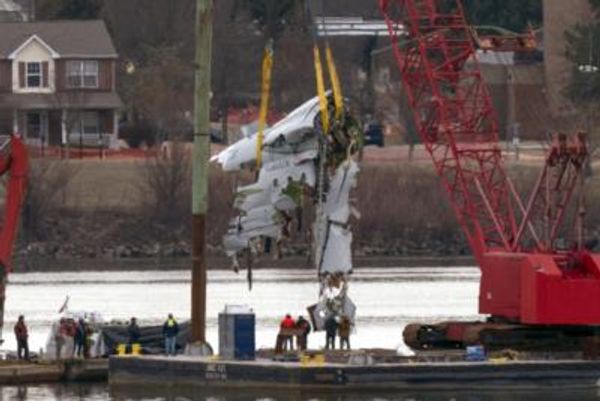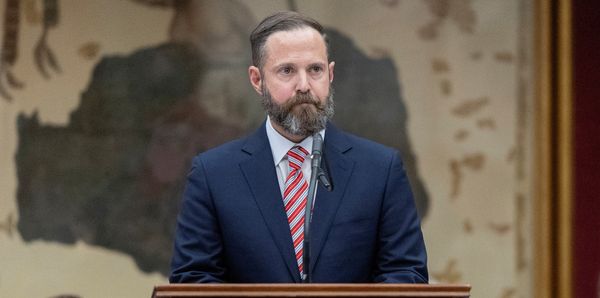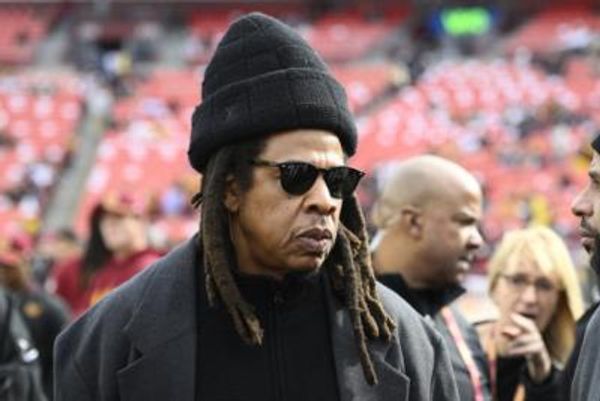One afternoon in 2016, Heather Wynands got in her car and drove along a dusty rural road towards the nearest police station.
She had just finished a dance recital in the South Australian regional town of Berri and was ready to report a crime that happened 30 years ago.
"Something just came over me," Ms Wynands said.
"I knew in that moment, I just had to go and do it."
She was raped by her chiropractor in 1988. It was the day of her end-of-year dance performance at the Chaffey Theatre in Renmark.
"I was so excited, I was on my Ps and mum had let me borrow the car for the first time to go to my chiropractors appointment," she said.
Through dance, she had developed issues with her hips and also had a mild scoliosis of the back.
"During that appointment I told him I was having trouble doing the splits, so he asked me to get down on the floor and do the splits for him, which I did," she said.
She could only go so far before she felt her hip locking.
"That's when he said, 'Oh, we're doing a new treatment that can help with that issue, it's an internal examination, it should only take 10 to 15 minutes'."
He asked her to undress and put a robe on.
"When I got into the change room, I thought this is really odd," she said.
At the time, she thought she had an escape. She was on her period.
"But, instead, he said, 'That's fine, take out whatever you're using and just get on the chiropractic bed when you're ready'," Ms Wynands said.
Not wanting to question his professionalism, she did what he told her.
"At that stage, I knew I lost all chances of getting out," she said.
"It took me years to understand the extent of what he did to me that day in the clinic room."
Heather did not want to be known as 'that girl'
All throughout high school and well into her adult life, she struggled with immense feelings of shame and guilt over what happened to her.
For years after the abuse, she battled with bulimia and substance abuse, and had "little care for herself".
"You grow up in a small country town, and everyone knows who you are," she said.
"No-one wants to talk about it, it makes them uncomfortable because it could be someone you know or someone you're related to."
She went to school with the chiropractor's daughter, making her more reluctant to come forward and report her assault.
She also knew, if she spoke out about what happened, things would never be the same.
"If I had gone through with reporting my abuse, I would have been known as 'that girl'," she said.
Living in such a community, she said, the label would have "stuck" and she would have been an "outcast".
She and her mother believed the chiropractor's status in the community as a well-respected medical professional would make the police and people in the town doubt her story.
"We didn't go to the police because we were fearful the police wouldn't believe me and that would have added more pain," she said.
So, she buried her secret, trying desperately to "fly under the radar" in her small town, hoping no-one would find out.
Barriers to getting help
Support group Relationships Australia said experiences like Ms Wynands's were not uncommon, and that perpetrators in small towns were often people considered to be pillars of their local communities.
"People who are likely to engage in these sorts of behaviours could be very charismatic figures in the community, they could have stature and status," NSW Relationships Australia chief executive Elisabeth Shaw said.
"Because of their privilege in the community, they could get away with it. And in small towns, everyone knows your business and that's a very hard and unique set of circumstances when trying to report sexual assault."
Regional communities are often described as "tight-knit", but in cases of sexual assault, that becomes part of the problem.
While country towns often act as their own support networks in times of crisis, such as bushfires, they can also turn against those who disturb the status quo, and become places of exclusion and ostracism.
"Your popularity and your social connection rises and falls on your reputation and stature in the community," Ms Shaw said.
She said for victims living in regional and rural communities, "there is a real fear and anxiety" over whether to report abuse.
"If you go to the police station, everyone [might] know you … so there's that sense you can't necessarily get a fair hearing … and that makes it extra tough," she said.
"There are very real barriers to getting help."
An abuse of power
In May, Ms Wynands's chiropractor Robert Linke was sentenced in Adelaide's District Court to five years in jail with a non-parole period of two years.
In sentencing remarks, Judge Patrick O'Sullivan described the assault as "an abuse of power."
"A young patient presented herself to you seeking chiropractic treatment," Judge O'Sullivan said.
"You were in a position of power in relation to your victim … you abused your power and you raped her."
For Ms Wynands, not being able to speak out at the time of the assault, made her question the seriousness of the crime.
"When I received the phone call about the decision, I just burst into tears," she said.
"It was validation that what he had done … he should never had done."
No-one should be stopped from speaking out
At the time Ms Wynands was assaulted, she said the pressures of living in a small community meant she did not feel safe or supported reporting her abuse.
But she wants to change that culture.
She said the decision to talk about what happened to her all those years ago has been "life-changing" and wants other women hearing her story to feel empowered.
"Do it. Without a doubt, do it," she said.
"We need to stand up, and report these people. We need to show them we are stronger than them and we won't put up with it anymore.
"I finally feel free, I feel like I can be me, and I don't have to hold my head in shame anymore."







